Who Can Be a Wildlife Conservationist?
Wildlife conservationists work to protect wildlife, preserve habitats and maintain biodiversity. Not only have wildlife populations declined 60% in the last 40 years, but their decline has affected ecosystem function and reduced the overall health of our planet. And because all sustainable development and conservation is interconnected, wildlife conservationists contribute to overall peace and prosperity.
But who qualifies as a wildlife conservationist? Well, we sat down and interviewed wildlife conservationist Dr. Kenneth Elowe, Retired Assistant Regional Director, Science Applications at U.S. Fish and Wildlife Service. And he said this about the future of the field: We need to make “the conservation ethic part of society…. We aren’t there yet, but that’s where the evolution of it has to go.”
We see this message echoed throughout the conservation world. For example, in their blog post How to Be a Conservationist, National Geographic defines a conservationist as “anyone who dedicates a substantial portion of their time and/or resources to conserving biodiversity, single species, or habitats anywhere in the world.” Essentially, to be truly effective, we need everyone to play a part and play up their own talents. (So for example – if you’re a photographer, why not join a Photography and Conservation initiative in South Africa?)
To sum up, we can’t all be professional wildlife conservationists, but we can all participate in conservation initiatives at home and abroad. So what does it take to be a lifelong supporter and activist?
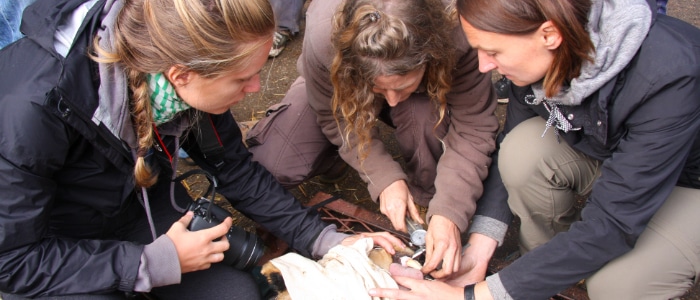
What Does It Take to Be an Effective Wildlife Conservationist?
There are many different ways to be an effective wildlife conservationist, professional or otherwise. With Dr. Ken Elowe, we discussed the steps and skills needed for a career in the field, such as higher education, social skills, experience, patience and passion. The conservationists quoted by National Geographic, who take a broader view of wildlife conservation, key in on exploration, commitment, networking skills, vision and a desire to work with people. As you can see, there is significant overlap.
And no matter the end goal, the path always requires exploration and diverse experiences in the field. For example, an internship in Dr. Elowe’s sophomore year “changed everything. I came back charged up… It was like flipping a switch.”
And in Nat Geo’s blog, conservationists discuss the importance of flaming the fires of passion with experience. They say, “Figure out where your passions and your talents lie. This might require trying a few different things: Working a few different jobs, taking some specialized classes in college, or volunteering your time to things that pique your interest.”
So to be effective as a wildlife conservationist, and to find a conservation issue you can devote your life to, you need to explore.
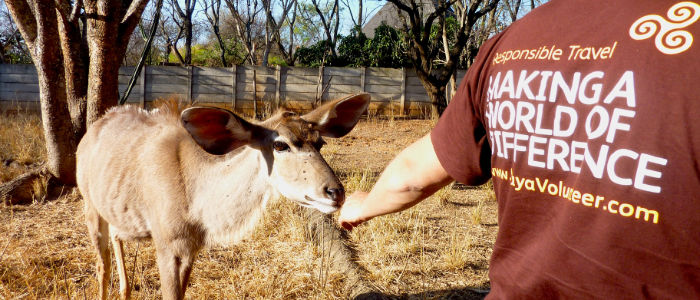
How Can You Make a Difference as a Wildlife Conservationist
“Accept and embrace that you are going to be working with the people in order to get good work done. Try to get experience in public settings, in public processes, learning how [they] work.” -Dr. Elowe
People play a huge part in effective wildlife conservation. Without buy-in from communities, a single wildlife conservationist can’t make much of a difference. So when you’re searching for experiences to fill your well, consider the role social skills will play in your career or journey as a wildlife conservationist.
Experiences abroad on effective wildlife conservation initiatives in the real world can help you gain intercultural competence, networking skills, improve your teaching skills as you engage in community outreach, and learn more about local policy and how to navigate human-wildlife conflict effectively.
For example, all of Kaya’s wildlife conservation projects are community-led and grassroots. And many of them provide hands-on experience in the more social aspects of wildlife conservation. On our Elephant and Community Water Access Project in Namibia, for example, you can track and research herds of desert elephants while navigating human-elephant conflicts around water access. Or you can help tackle the effects of urbanization on wildlife populations and locals by working with communities on our Masai Mara Wildlife Research and Conservation Project. Additionally, you can hone your educational skills on our Turtle and Marine Environmental Conservation and Education Project on the coast of Ecuador, and many more. And those are just three examples!
The sky really is the limit. So if you’re interested in becoming a more effective wildlife conservationist, explore your options. Check in with our Placement Advisors to learn more about this aspect of Kaya’s programs.
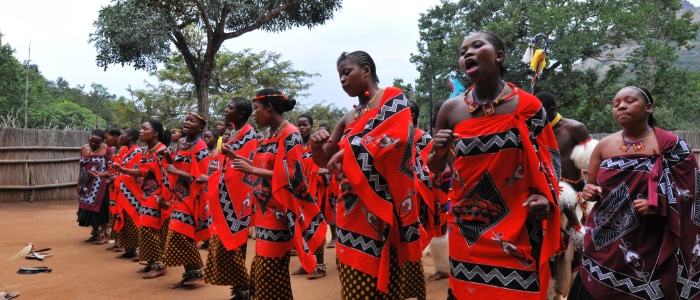
Key Skills for the Budding Wildlife Conservationist
So, social skills and cultural competence are key for effective wildlife conservation. But we all have different strengths, talents, interests and passions. And of course, you’ll need more than one set of skills to do the job well! Below, we’ve listed some key skills or areas of focus that you can explore abroad:
- Animal Care. Work on rescue and release or repopulation programs and learn how to care for wildlife effectively
- Field Research and Data Collection. Learn how to record and analyze data
- Ecology and Habitat Conservation. Experience the interrelated nature of planet earth and learn how humans, plant species and wildlife interact
- Marine Conservation. Explore the world underwater and get dive certified
- Veterinary Science. If you’re on a veterinary track, you can intern under experienced veterinarians in the field
- Art and Creativity. If you’re naturally creative, choose a program that allows you to combine your interests and hone your talents
- Explore. If you’re not sure where your strengths or interests truly lie, choose a wildlife conservation program where you can gain experience in a wide range of areas and work with a wide variety of people
Check out a full list of Kaya’s Wildlife Conservation Programs Abroad for more ideas. No matter what you do, remember that small projects approached with dedication and persistence often matter most in the long run. And never forget to learn from the big, wide world!
Not sure where to begin? Reach out to us, we can help!
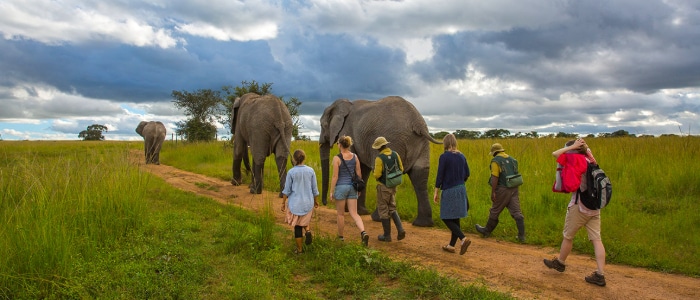
To learn more about our wildlife conservation projects, use the chat now feature on our website or feel free to request a brochure using the button opposite.
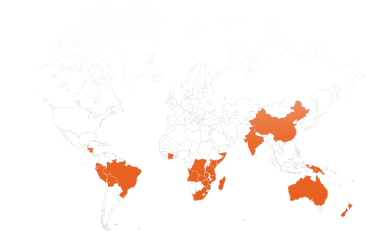
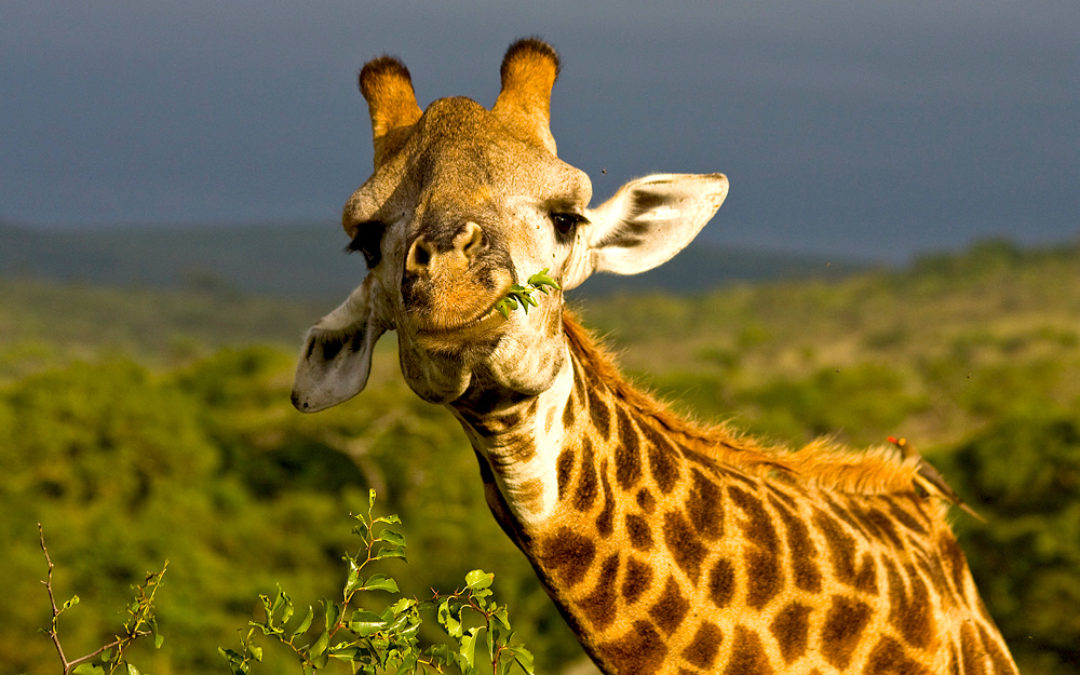
Recent comments